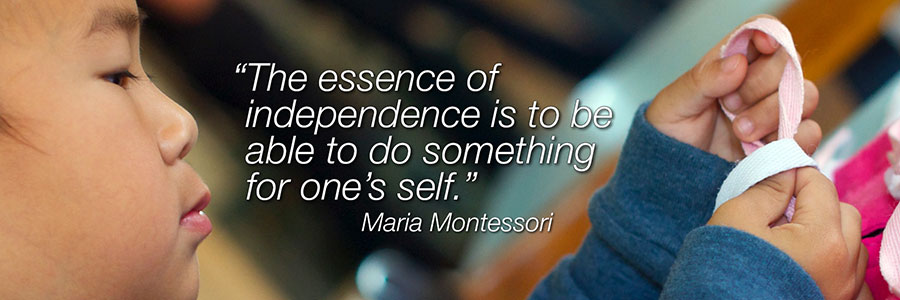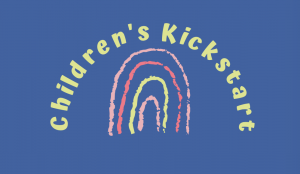By Julia Gorham
The Emotional Development of a child is fragile and an intricate process.
It is important to note that a child’s emotional development is equally important as his intellectual intelligence.
If your child does not feel emotionally secure, it is unlikely that he will reach his full potential!
How can I enhance my child’s my child’s Emotional development?
- Encourage independence. Don’t do for your child that he can do for himself, however tempting it may be. For example: Parents dress their children in the morning because it is so much easier and quicker but in the long run its to the child’s detriment. Your child is able to do things by himself e.g. brush his teeth, tidy up etc. This will give your child a sense of achievement and independence.
- Saying a quick goodbye and “I love you” when dropping your child at school in the mornings, and leave as soon as possible. Contact with different personalities and characters only strengthen and develop the nature of your child.
- Take an interest in what your child says and value his/her opinions.
- Teach your child to express his opinion’s. Young children experience difficulty expressing emotions such as anger, fear, frustration etc. and thus his feelings are shown through their behaviour. Help your child to express emotion through verbal communication.
- At meal times or bed time is the ideal time for the entire family to talk about what made your child happy or sad that particular day. You will be surprised at how much you find out about your child. Ensure eye contact and involve yourself in a conversation. Then watch how your child’s communication skills and feelings of self worth improve.
- Do not let your child use emotions to manipulate you. So, if at the end of the day, if your child relates the “tragic story” respond by saying that must of made him/her very sad. But you know that he will have a happier day tomorrow. Use hurdles to strengthen the character of your child.
- Help your child take responsibility for his actions. Make it very clear that it is not him, but his behaviour, which is not acceptable.
- Is your child’s art work displayed? Your child will attach importance to the art work he has produced in the future.




